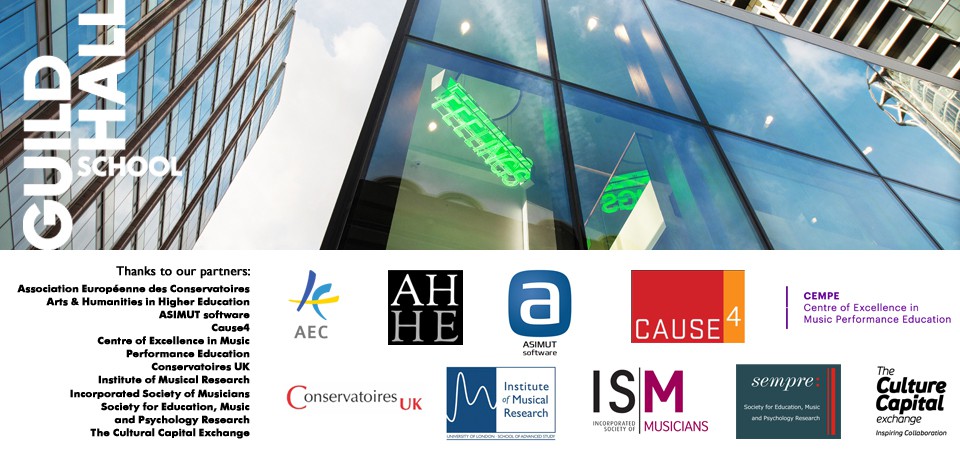Rolf Hind, composer and pianist, asks fundamental questions about what concerts are for… Please add your comments in the “Leave a Reply” box below.
What is music for? Some personal reflections on purpose and ethics and music.
I notice that people often use the expression “my music” to refer to what’s on their ipods or Spotify. Perhaps this was a marketing trick to begin with – in the same way that train operators refer to “your” service, in an all-in-it-together, ownership kind of way. But I wonder if it has had the opposite effect of the railway’s “your”: rather this relentless drive to customisation fetishizes tastes as an extension of the ego and the tribe. Taste is property, identified with ego, and identifying your clan. The actual engagement with the sound and meaning of the song or symphony need not be there. This latest advance of rampant consumerism can apply to all types of music.
And the emphasis is, invariably, on entertainment, or otherwise put, whether “I” like it or not. Unanswerable, unarguable. From the crowd at the Opera House enjoying fine wine and some nice tunes in the company of people like them, to the crowd at the O2 enjoying a few beers and a frug with friends, the actual musical element is only a component. More so the sociological, the anthropological.
What more can music be, if not merely for my pleasure (or pain, if that be my pleasure..)?
An expression of community and solidarity
– a springboard to intellectual analysis and clarity of thought, the kind of approach that reaches its wondrous apogee in Hermann Hesse’s The Glass Bead Game and its mythical musical chess, or the unassailable, systematised arcana of mid 20th century modernism.
– an inspiration to action which 19th century European nationalists understood!
– an act of worship, contemplation or prayer
– a shared creative act
– an expression of mood and emotion – difficult, as it assumes a lingua franca of expressive meaning which will not travel transculturally, indeed which will only really be available to initiates.
– an invitation to altered states…
Gita Sarabhai, who influenced John Cage’s great Sonatas and Interludes, described music’s function as to sober and quiet the mind rendering it susceptible to divine influences. Not all will agree on the “divine influences” but I’d offer “reality” as a substitute. A reality beyond the reactivity of opinion and ego (like this/don’t like that) which allows a deep responsiveness to what is actually going on, something which can only be beneficial in a wider ethical arena.
Another question – constantly under discussion in my world of new art music: how do we get more people to engage with it? It won’t be enough to just tinker at the edges: kids in concerts, beer in concerts, talk to the audience, funky venue, have a light show, do an immersive, whatever it is. Perhaps now is the time to examine and question the whole notion of what a concert can be, something that may demand new words, categories and ways of relating to experience which move beyond this consumerist age…
Rolf Hind is a composer, pianist, pedagogue, collaborator and concert planner. He is a major international artist and has appeared at the BBC Proms seven times. Much of his music is inspired by a fascination with the culture, mythology, philosophy and music of India, to which he has travelled often. His currently working on a ‘Mindfulness Opera’ Lost in Thought.
